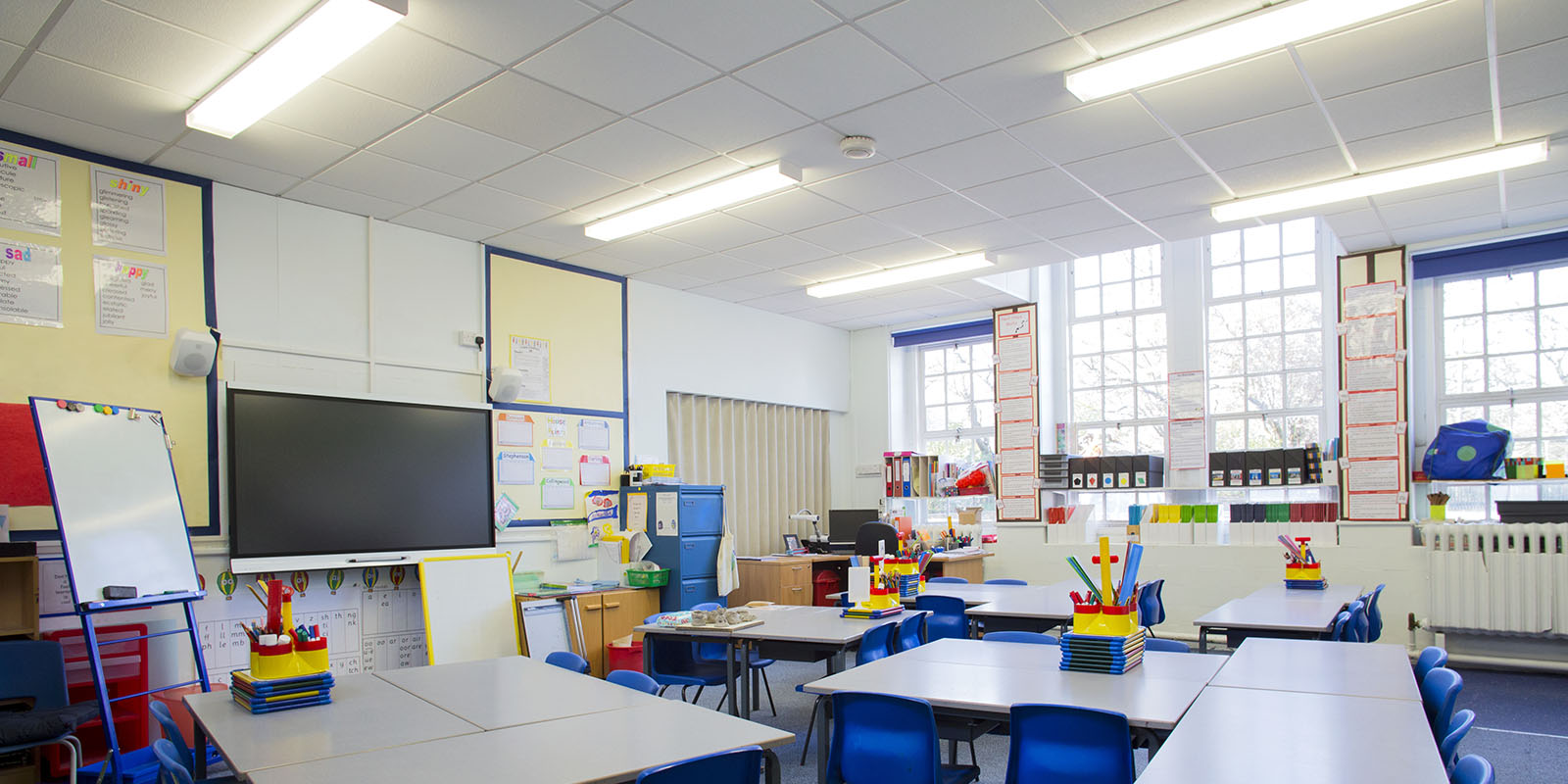Many teachers will learn that assessment is either summative or formative. But how many actually know the etymological meaning of the word ‘assessment’?
According to Evangeline Harris Stefanakis (2002), “The word assess comes from the Latin assidere, which means to sit beside. Literally then, to assess means to sit beside the learner.”
With this in mind, should teachers be rethinking their approach to assessment? And if so, does this mean sitting beside students while they work to provide feedback?
The current state of play – sitting alone
When you think about it, both teachers and students find themselves sitting alone on multiple occasions throughout the school day. For teachers, this could mean crunching and inputting data for management information systems or marking papers at home on the kitchen table. Students could also feel isolated when working on individual tasks assigned to them in the classroom.
But it doesn’t have to be this way. The situations where teachers and students are ‘alone’ have come about from years of obsessing about numbers, scores and grades, which goes against the very meaning of assessment.
“It is important to emphasise the importance of multiple measures in assessment: one type of assessment does not fit all situations,” says Helen C. Barrett, Research Director of The REFLECT Initiative. A single assessment is often used for multiple purposes, which is a problem: …the more purposes a single assessment aims to serve, the more each purpose will be compromised.
“Assessment is always a process of reasoning from evidence and is imprecise to some degree. Results are only estimates of what a person knows and can do. Therefore, we need a richer and more coherent set of assessment practices.”
The future alternative – sitting beside
Research of seven state schools in England, conducted by Ross McGill of TeacherToolKit, found that ‘sitting beside’ pupils has no detrimental impact on learning outcomes. In fact, one of the participating teacher-researchers said:
“Being part of the Verbal Feedback Project has not only changed my life and career, but more importantly, it has changed my students’ experiences. I feel empowered to react to students and know that verbal feedback (to assess beside) is enough to push their progress forward. My work-life balance is immeasurably improved and I am now spending more time with my family – I no longer feel weighed down and pressured by the job.”
The Verbal Feedback Project aims to demonstrate the difference immediate assessment could provide in certain situations, particularly when:
- What teachers said to pupils was unobserved
- Conversations teachers had required VF comments in pupils’ books or VF stamps, or
- That pupils were required to write down what teachers had said before they actually completed the work
The results showed that when applied well, verbal feedback had a positive impact on the engagement of all students as well as gains in process and achievement.
Gains were also made for teacher wellbeing. For example, time saved on marking outside the lesson was ‘reinvested’ in lesson planning to better suit the range of needs of students.
Here’s the UCL Verbal Feedback Project Report 2019 in full.



